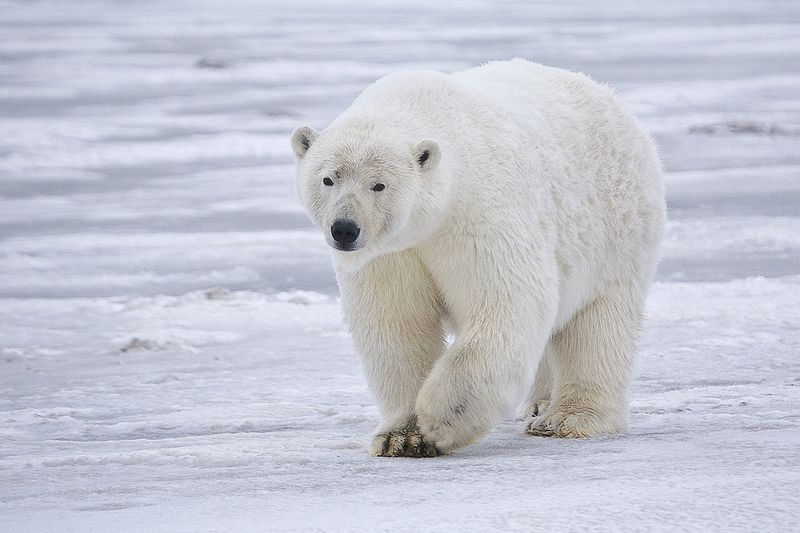Polls show decrease in concern for the environment
A new study by the Carsey Institute has found that Americans knowledge of the Polar Regions has increased, but their concern over their condition has not.

A new study by the Carsey Institute has found that Americans knowledge of the Polar Regions has increased, but their concern over their condition has not.
This follows various polls showing both a drop off in climate change as a hot topic, and as an area of concern in various regions of the world. Polls in the UK last year showed an 18% drop off in interest in climate change over a four year period, whilst a British Social Attitudes (BSA) survey in December showed 17% less people would be interested in paying higher prices in order to protect the environment compared to previous polls.
Whilst there is no evidence to suggest the lingering effects of the climategate saga are to blame, especially given the silence surrounding the further leaking of emails last November, it is a worry that the public are moving away from the scientific consensus that climate change is an urgent and important issue. This latest study suggests that despite growing globalisation and a feeling of a smaller planet, people are growing less concerned with how their actions are affecting other parts of the world.
Perhaps this is solely down to the prevailing economic conditions, which may be understandable, but in America at least, evidence shows politics is dividing environmental concern down party lines. "Among the environment-related issues, all but reserving Antarctica for science show increasing political polarization -- and even support for reserving the Antarctic divides along party lines. Polar issues, like many other topics in science, increasingly are viewed by the public through politically tinted glasses," said Lawrence Hamilton, professor of sociology at University of New Hampshire and a senior fellow at the Carsey Institute.
It is therefore important that whilst governments look to resolve the economic woes, they bear in mind the long term consequences of environmentally damaging actions and look to convey this to their citizens.



